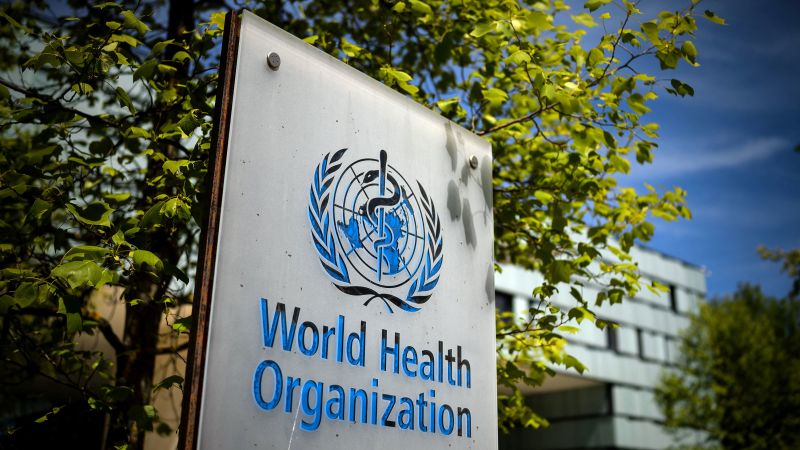
A DBUNK subscriber recently submitted a request for verification on an article claiming that a mystery illness in the Democratic Republic of Congo (DRC) has killed more than 50 people within hours of infection. The article, published by the Associated Press and available on CNN, presents alarming claims but lacks critical context and verification.
Misinformation and Misleading Claims
The article strongly implies that a new, unidentified disease is sweeping through Congo with an immediate fatal outcome, stating: “The interval between the onset of symptoms – which include fever, vomiting and internal bleeding – and death has been 48 hours in most cases and ‘that’s what’s really worrying.'” However, the information regarding a new, unknown pathogen remains unverified. While health experts are investigating, there is no definitive evidence that this outbreak stems from a previously unknown disease.
The report further claims that three children who ate a bat were patient zero, suggesting a direct cause-and-effect relationship between consumption of bats and the outbreak. There is currently no scientific corroboration of this claim. Zoonotic transmission is possible, but linking it outright without a thorough epidemiological study presents a misleading narrative.

Context Missing from the Article
The piece does not acknowledge that samples collected from infected individuals tested negative for common hemorrhagic fevers like Ebola and Marburg. While some tested positive for malaria, this critical clarification is buried deep in the article and left unexplored. Many of the reported symptoms, such as fever and vomiting, can be indicative of malaria or other endemic diseases, not necessarily a newly emerging virus.
Past outbreaks in the region that were initially feared to be caused by novel diseases were later attributed to malaria. Without definitive laboratory results identifying a new pathogen, the assumption that this is an entirely new disease is misleading.

Why Do People in Congo Eat Bats?
Bats are part of the traditional diet in various parts of Congo and other African nations. In regions with food insecurity, bushmeat—including bats—serves as a reliable protein source. Cultural practices, economic conditions, and the availability of local wildlife contribute to this dietary choice. However, public health experts have raised concerns about zoonotic diseases being transmitted through bushmeat. Educating communities on safe handling practices rather than simply blaming cultural practices is necessary for a balanced discussion.
Verdict: Missing Context and Speculative Claims
While there is an outbreak in Congo, the claims in the article lack sufficient scientific verification. The suggestion that a new disease is spreading rapidly comes before full lab results have been confirmed. There is no conclusive proof that bats were responsible for the outbreak, nor that the illness is something previously unseen. The focus on bats as the direct cause and the suggestion of a mystery pathogen contribute to sensationalism that can fuel misinformation.

This is a developing situation, and more information will be available as further testing is conducted. For updates and fact-checking on news like this, download the DBUNK app to stay informed against misinformation.

